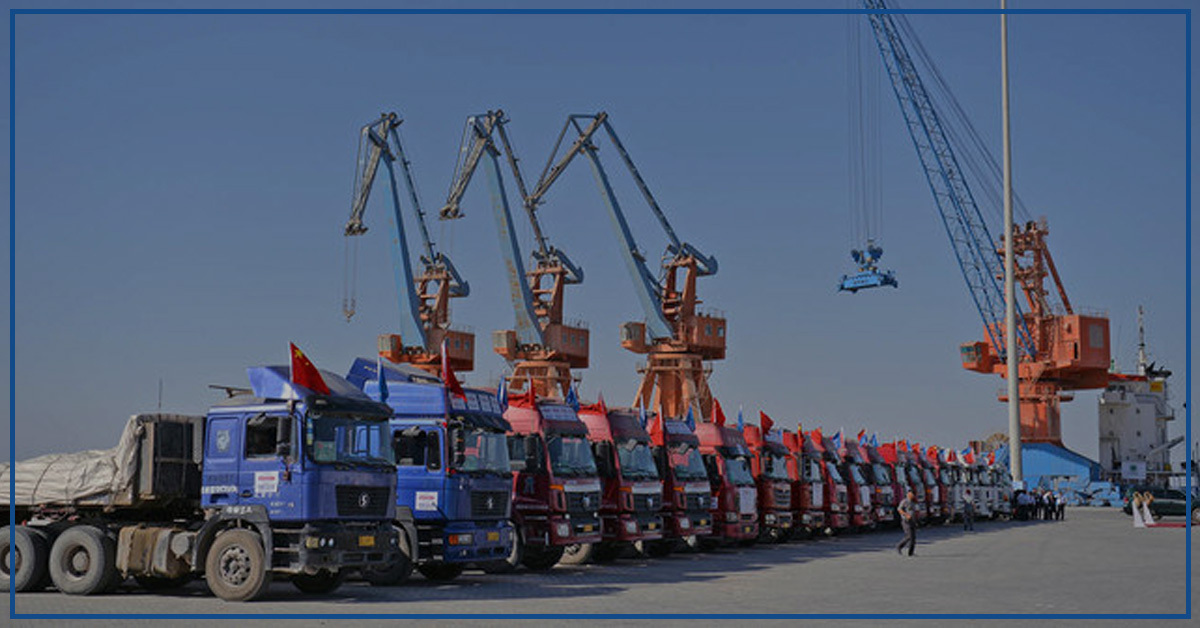China has opted not to expand its cooperation further in key areas such as energy, water management, and climate change within the China-Pakistan Economic Corridor (CPEC), highlighting the challenges faced by both nations in strengthening their economic ties.
Additionally, Islamabad has abandoned its opposition to the establishment of a new coal-fired power plant in Gwadar and has acquiesced to several Chinese demands to address Beijing’s concerns. These details were revealed in the signed minutes of the 11th Joint Cooperation Committee (JCC) meeting of the CPEC.
It’s worth noting that although the JCC meeting took place in October 2022, the minutes were only signed on July 31, underscoring the differences of opinion between both sides that led to nearly a year’s delay in reaching a consensus.
One of the primary reasons for the challenges facing CPEC projects is the acute shortage of funds within the Pakistani government, making it increasingly difficult to purchase fuel and other essential resources.

The specifics of the agreement revealed that China did not agree to several measures proposed by Pakistan in various regions, including Gilgit-Baltistan, Khyber-Pakhtunkhwa, Azad Jammu and Kashmir, and coastal areas. These measures encompass cross-border tourism, coastal tourism promotion, water resources management, climate change, urban infrastructure development, and more.
China’s reluctance to endorse these proposals has led to their exclusion from the final minutes of the 11th JCC.
Pakistan had also proposed the inclusion of a 500kv transmission line from Hub to Gwadar to connect the seaport city to the national grid within the CPEC framework. However, this proposal did not gain Chinese approval.
Several other Pakistani proposals, such as Chinese participation in a strategic underground gas storage project, a national seismic study for sedimentary areas with Chinese equipment, and joint exploration, development, and marketing of metallic minerals with Chinese technology, were not mentioned in the final minutes.
Despite these differences, the planning ministry emphasized that the signing of the 11th JCC meeting’s minutes reflects the strong relationship between Pakistan and China and their commitment to working together to achieve common goals.





